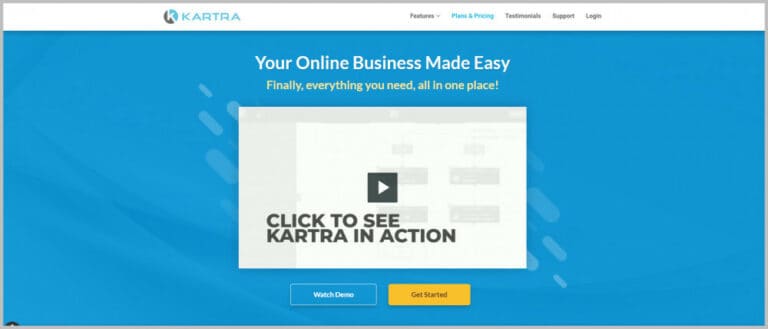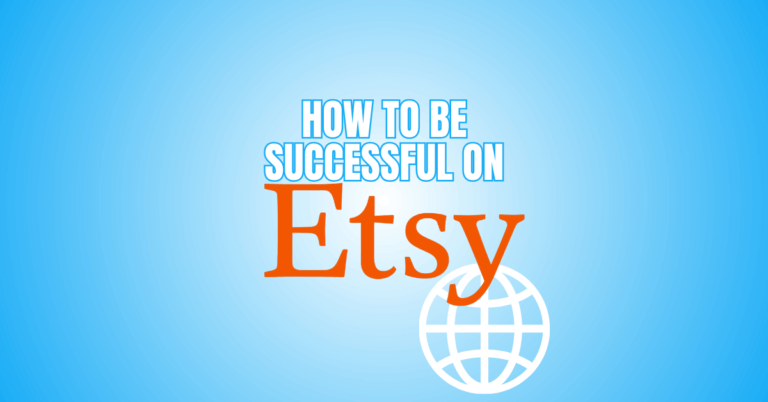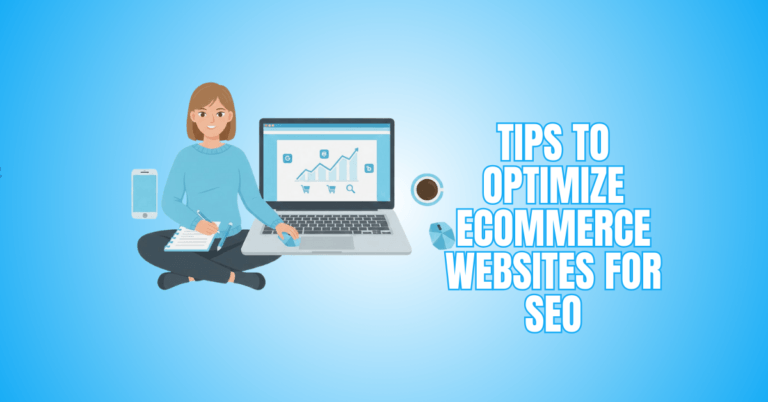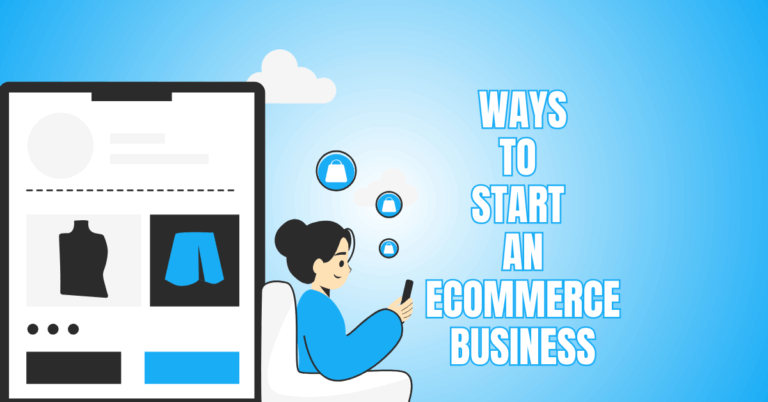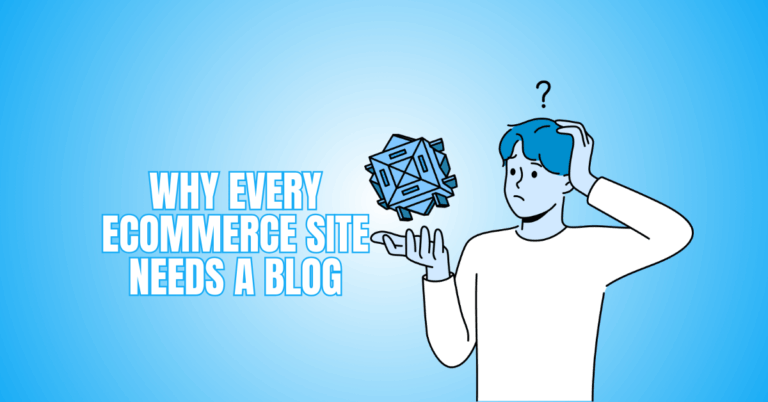Top-Rated Examples Of eCommerce Businesses
Top-Rated Examples Of eCommerce Businesses You’ll Love Exploring
Looking for online stores that truly stand out? This blog features some of the most impressive and successful brands in the digital space.
From innovative startups to industry leaders, these businesses offer exceptional products, seamless shopping experiences, and strong customer connections.
Whether seeking inspiration or discovering great finds, you’ll enjoy exploring these standout companies.
Let’s dive into some top-rated examples of eCommerce businesses making waves today.
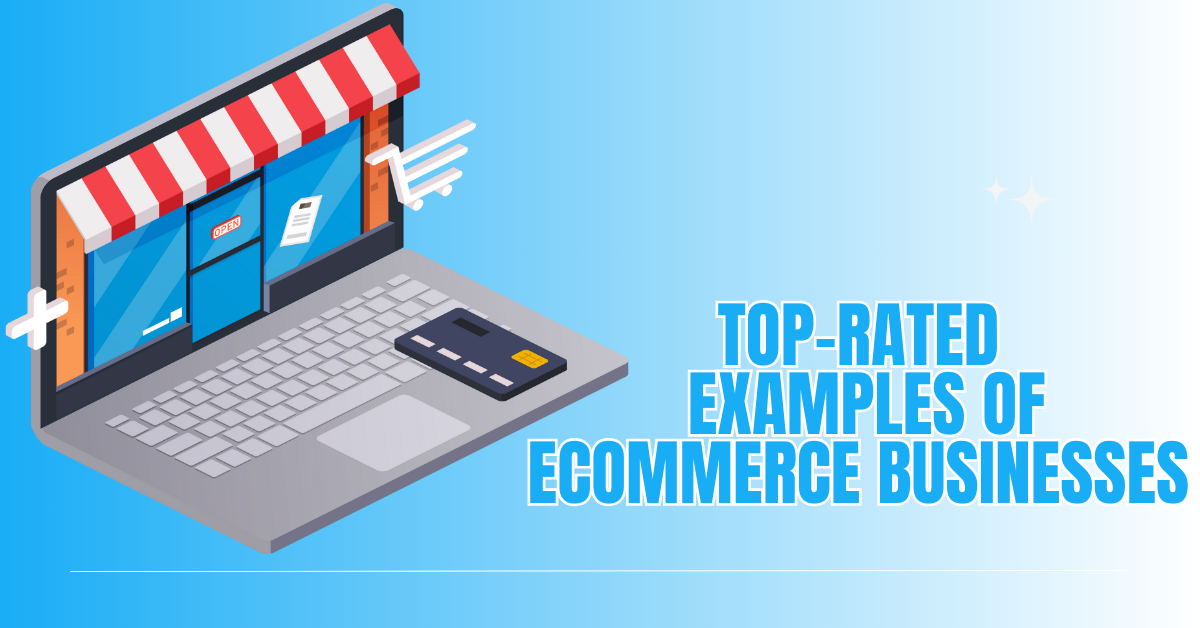
Exploring Examples Of eCommerce Businesses
1. Amazon – The Everything Store
Jeff Bezos started Amazon in 1994 as an online bookshop. It quickly expanded its offerings to include electronics, clothing, and cloud computing services through AWS Worldwide. The company's logistics infrastructure allows for speedy and efficient delivery.
Amazon’s customer-first approach is reflected in its return policies, personalized product recommendations, and Prime membership perks.
By investing heavily in technology, automation, and data analysis, Amazon has become a $1.5 trillion giant that dominates the global eCommerce landscape.
Key Insight
Scale gradually, optimize logistics, and prioritize customer satisfaction.
Key Features
- Vast product selection across every category
- Global fulfillment and logistics network
- Amazon Prime for fast shipping and exclusive perks
- Personalized shopping experience using AI
- AWS for cloud computing revenue diversification
2. Shopify – Empowering Other eCommerce Brands
Shopify launched in 2006 as a way for entrepreneurs to build and manage online stores. The platform’s user-friendly interface, extensive app ecosystem, and flexible pricing structure have made it a top choice for over 4 million merchants worldwide.
Users benefit from built-in tools for inventory, payments, shipping, and marketing from small business owners to large enterprises.
Shopify’s ability to adapt and evolve, such as introducing POS and global commerce tools, has cemented its role as a major eCommerce enabler. The company is valued in the billions and supports a thriving online retail ecosystem.
Key Insight
Build tools that empower others and create a strong ecosystem.
Key Features
- Easy-to-use website builder with customizable themes
- An app store with thousands of plugins
- Integrated tools for inventory, payments, and marketing
- Scalable pricing tiers for businesses of all sizes
- POS systems for brick-and-mortar integration
3. Warby Parker – Direct-to-Consumer Eyewear
Founded in 2010, Warby Parker disrupted the eyewear industry by offering fashionable glasses at affordable prices, cutting out the traditional middleman.
Warby Parker is one of the standout examples of eCommerce businesses that revolutionized the eyewear market by combining affordability, convenience, and innovative digital experiences.
Want to Start Making Money Online?
Try My #1 Recommendation Program!
The company’s sleek branding, minimalist packaging, and social initiatives—like donating a pair for every pair sold—resonated strongly with younger consumers.
By owning the entire customer experience, Warby Parker created a loyal base that appreciated both the convenience and the mission-driven approach.
Key Insight
Solve industry pain points with innovation and excellent UX.
Key Features
- Home Try-On program and virtual try-on app
- Direct-to-consumer pricing model
- Sleek, minimalist product design and packaging
- Mission-driven: “Buy a Pair, Give a Pair” initiative
- Physical retail stores with a digital backbone
4. Allbirds – Sustainable Footwear
Allbirds, founded in New Zealand in 2014, created a line of environmentally friendly shoes using natural materials like merino wool, eucalyptus fibres, and sugarcane-based foam.
The brand prides itself on comfort, simplicity, and sustainability. As a certified B Corporation, Allbirds has always focused on reducing its carbon footprint, even publishing its emissions for transparency.
With marketing focused on eco-conscious storytelling and minimalist design, it has appealed primarily to millennials and Gen Z consumers looking for style with a conscience. Allbirds shows that sustainability and profitability can go hand in hand.
Key Insight
Build your brand around values that customers care about.
Key Features
- Eco-friendly materials: wool, sugarcane, eucalyptus
- Carbon footprint labelling on each product
- Certified B Corporation status
- Simple, comfort-focused design
- Strong environmental branding and storytelling
5. Glossier – Beauty With Community
Glossier launched in 2014 as an offshoot of the beauty blog “Into The Gloss” by Emily Weiss. Unlike traditional beauty brands, Glossier involved its audience in product development, collecting feedback and co-creating items.
Its branding—marked by sleek pink packaging and social media-ready design—made it a favourite among influencers and millennials.
Glossier used Instagram as a primary sales channel, seamlessly blending content, community, and commerce. Its direct-to-consumer model and cult-like following helped it become one of the world's most recognized indie beauty brands.
Key Insight
Involve your community in product development and storytelling.
Key Features
- Direct feedback loop from community to product development
- Instagram-first marketing strategy
- Iconic minimalist packaging and brand aesthetic
- Strong brand voice and tone across channels
- Owned eCommerce experience, no third-party retailers
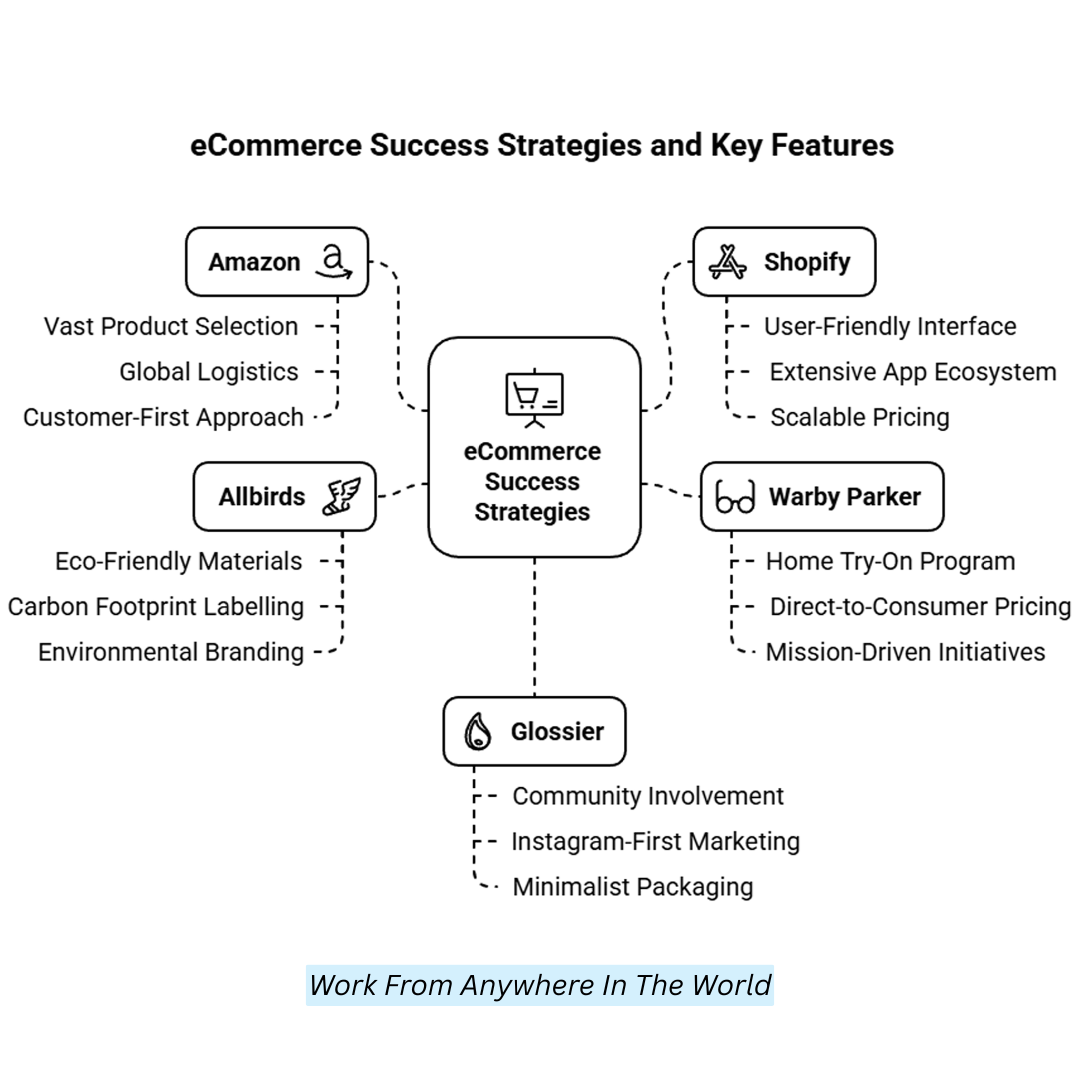
6. Bonobos – Menswear With Better Fit
Bonobos entered the eCommerce world in 2007 with one goal: to make better-fitting pants for men. Bonobos is one of the notable examples of eCommerce businesses that successfully blended online sales with physical showrooms to offer a unique and cost-effective shopping experience.
Rather than operate traditional retail stores, Bonobos pioneered the “guideshop” concept—showrooms where customers could try on clothes but place their orders online. This hybrid model allowed for lower inventory costs and more personalized service.
Bonobos' success eventually led to Walmart's acquisition of $310 million in 2017, proving that even legacy retailers recognize digital-first innovation.
Key Insight
Solve a specific problem and provide exceptional service.
Key Features
- Fit-focused product design for men’s clothing
- Guideshop retail concept (try offline, buy online)
- Easy returns and customer support
- Data-driven sizing and inventory decisions
- Strategic acquisition by Walmart to scale distribution
7. Zappos – Customer Service As A USP
Zappos, founded by Tony Hsieh, became a billion-dollar shoe and apparel brand by focusing relentlessly on customer service.
The company empowered its support staff with no call time limits or scripts, fostering genuine human connections. Zappos even encouraged customers to call for non-sales help, like finding the best pizza in town.
Want to Find Out How To Start Your Home-Based Business?
Try My #1 Recommendation Platform!
This culture of delighting customers turned Zappos into a brand with near-fanatical loyalty. It was acquired by Amazon in 2009 but retained its unique customer-first approach. Zappos proved that service excellence can be a sustainable competitive edge in eCommerce.
Key Insight
Exceptional service can become your strongest differentiator.
Key Features
- 24/7 customer support with no call time limits
- Free shipping and returns
- Emphasis on company culture and employee happiness
- Surprise-and-delight moments for customers
- Loyal fan base driven by human-centred service
8. Etsy – Handmade And Vintage Marketplace
Founded in 2005, Etsy provides a marketplace for crafters, artists, and vintage vendors to sell their one-of-a-kind goods.
Etsy was established in 2005 as a marketplace for craftspeople, artists, and vintage merchants to sell their one-of-a-kind goods.
Etsy is one of the leading examples of eCommerce businesses catering to handmade, vintage, and personalized products, creating a unique marketplace focused on creativity and community.
Its simple setup process and robust search algorithms helped it grow into a multi-billion-dollar business. Etsy continues to thrive by supporting micro-entrepreneurs and curating a unique shopping experience that blends nostalgia with modern design.
Key Insight
Nurture niche communities with tools and storytelling.
Key Features
- Marketplace for handmade, vintage, and craft supplies
- Personalized storefronts for sellers
- Integrated marketing and analytics tools
- Emphasis on creative community and sustainability
- Global reach with local, unique product discovery
9. ASOS – Fast Fashion With Global Reach
ASOS (As Seen On Screen) started in 2000 as a British fashion retailer and grew into a global eCommerce platform offering affordable, trendy clothing for young adults.
With a strong focus on online experience, user-generated content, and seamless international shipping, ASOS now serves over 200 markets.
Are You Tired Of Scams?
Want to Start Making Money Online?
Its app features easy navigation, wish lists, and AR-enabled try-ons. The brand also commits to sustainability with initiatives like recycled materials and carbon reduction.
ASOS succeeds by staying in tune with its audience’s style preferences while investing in technology and logistics.
Key Insight
Stay trendy, go global, and embrace tech innovation.
Key Features
- Mobile app with AR try-ons and wishlist functionality
- Global shipping to 200+ countries
- Trend-driven fashion is updated frequently
- ASOS Marketplace for indie and vintage sellers
- Sustainability programs (e.g., recycled fabrics, carbon reduction)
10. Chewy – Pet Supplies With Heart
Chewy launched in 2011 as an online pet supply store with a mission to provide exceptional service and convenience to pet parents.
Its subscription model for recurring orders, 24/7 customer service, and handwritten cards made customers feel genuinely appreciated.
Chewy is one of the standout examples of eCommerce businesses that have built customer loyalty through exceptional service and thoughtful, personalized touches.
Chewy also built emotional loyalty by supporting pet charities and going the extra mile, like sending flowers when pets passed away.
Its attention to customer experience led to rapid growth and a $3.35 billion acquisition by PetSmart in 2017. Chewy proves that empathy and service can drive success in any industry.
Key Insight
Combine convenience with emotional connection.
Key Features
- Autoship subscription for recurring orders
- 24/7 customer support with personalized touches
- Detailed product info with vet-approved guides
- Fast delivery across the U.S.
- Acts of empathy, like sending condolences to grieving pet owners
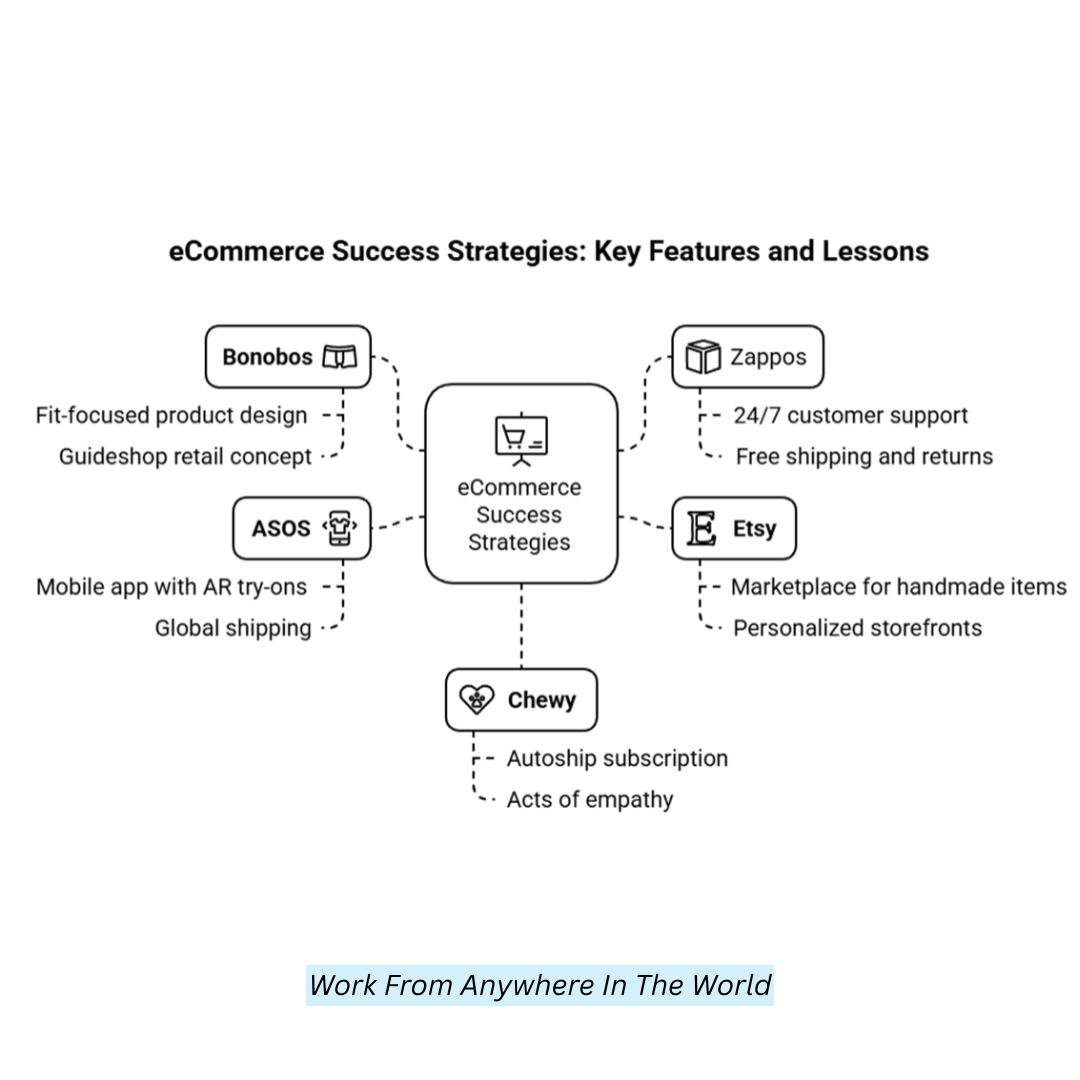
11. Casper – Reinventing Sleep eCommerce
Casper shook up the mattress industry in 2014 by selling a single, expertly designed product directly to consumers online.
It offered a 100-night trial and free returns, removing the hassle and pressure of traditional mattress shopping. Casper’s branding was playful and fresh, targeting tech-savvy, urban millennials.
It built massive brand recognition through creative content, experiential pop-up stores, and influencer partnerships. The success led to expanded offerings like bedding and pillows.
Casper proved that even high-ticket, traditionally in-store items could thrive online with innovative marketing and transparency.
Key Insight
Use trust-building offers to sell high-consideration items.
Key Features
- 100-night risk-free trial and free returns
- Compressed mattress delivery in a box
- Direct-to-consumer business model
- Expansion into sleep accessories (pillows, sheets, etc.)
- Modern branding with a strong influencer and content strategy
12. Redbubble – Artist-Driven Products
Redbubble connects independent artists with customers through custom-made apparel, stickers, wall art, and more. Artists upload designs while Redbubble handles printing, fulfillment, and customer service. With this arrangement, artists can profit from their work without paying for it up front.
Want To Learn How To Create Your Own Website And Online Business?
Try My #1 Recommendation Training And Hosting Platform!
The platform’s wide range of quirky, fan-based, and niche content attracts a loyal following. With sustainability initiatives like eco-friendly printing and responsible sourcing, Redbubble has grown into a global marketplace.
It empowers creators and customers to express their identity and passions, making it a beloved hub for individual expression.
Key Insight
Let creators lead and handle the rest for them.
Key Features
- Print-on-demand model with no inventory for artists
- Tools for uploading and showcasing custom art
- Huge catalogue of niche, fan-based content
- Redbubble handles fulfillment and customer service efforts, such as eco-friendly printing and materials
13. Wayfair – Furniture For The Digital Age
Wayfair specializes in home furnishings and décor, offering over 14 million items from thousands of suppliers.
The company invested heavily in technology, including 3d visualization tools, augmented reality, and AI-powered recommendations.
To improve the online buying experience for home goods, Wayfair is one of the best instances of eCommerce companies that use cutting-edge technologies like AR and AI.
These features help customers make confident decisions without seeing the items in person. Wayfair’s warehousing and logistics network enables fast delivery across the U.S.
Its commitment to a seamless customer journey, from browsing to delivery, has positioned it as a major eCommerce furniture player. Wayfair’s digital-first approach has helped redefine online shopping for large, tactile items.
Key Insight
Use tech to enhance customer confidence and logistics.
Key Features
- Over 14 million products with rich filtering options
- 3d room planning and AR visualization tools
- AI-based product recommendations
- Nationwide logistics and warehousing network
- Financing and white-glove delivery services
14. Gymshark – Fitness Apparel For The Digital Age
Ben Francis, a teenager, started Gymshark in his garage in the UK in 2012, and it has now grown to become a $1.3 billion fitness company. Its meteoric rise is credited mainly to a sharp focus on social media marketing and influencer partnerships.
Rather than relying on traditional advertising, Gymshark collaborated with fitness influencers on Instagram and TikTok to organically grow its following.
The brand built a strong identity around community, motivation, and performance wear. Its sleek digital presence and commitment to customer engagement kept it culturally relevant.
Key Insight
Build a compelling brand and use social media intentionally to grow a loyal community.
Key Features
- Influencer-based marketing strategy
- Strong brand storytelling on social media
- Focus on Gen Z and millennial consumers
- Direct-to-consumer eCommerce model
- High-performance activewear
15. The Honest Company – Transparency In Products
Co-founded by actress Jessica Alba in 2011, The Honest Company offers non-toxic household, personal care, and baby products. The brand’s core value lies in its transparency and commitment to clean ingredients.
Honest is one of the standout examples of eCommerce businesses that successfully built customer loyalty through transparency, ethical values, and a focus on health-conscious products.
Openly sharing product sourcing and standards built a deep trust with customers. In 2021, it went public with a valuation of $1.4 billion, signalling mainstream demand for ethical products.
Key Insight
Strong values and transparency can build long-term trust and a loyal customer base.
Key Features
- Non-toxic and eco-friendly product range
- Mission-driven branding
- Transparent labelling and ingredient sourcing
- Appeals to parents and wellness-focused buyers
- Expanded into brick-and-mortar retail and IPO
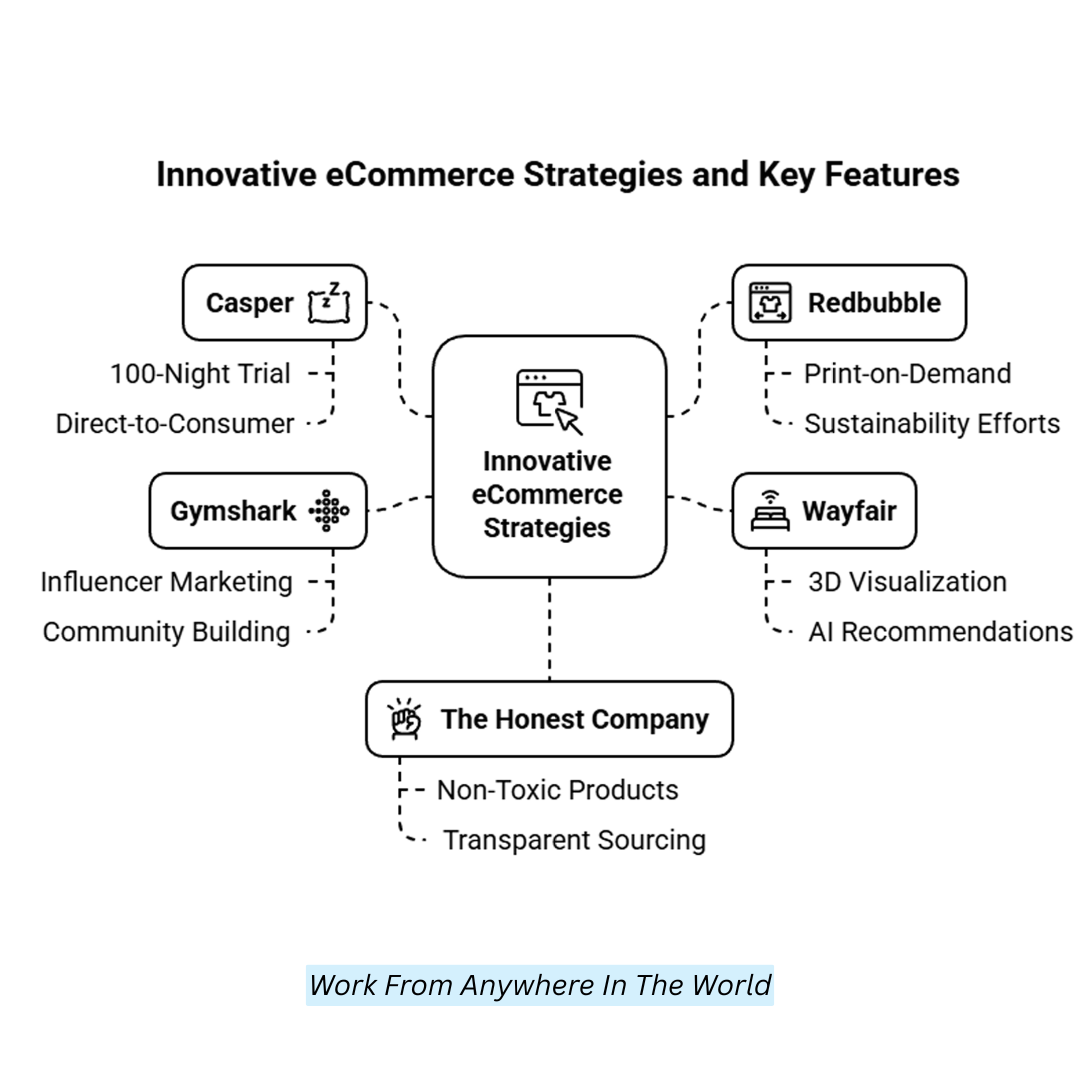
16. Temu – Disrupting E-Commerce With Low Prices
Launched in 2022, Temu is an emerging eCommerce giant owned by PDD Holdings, the parent company of Pinduoduo. Temu, a relatively new shopping app, has become one of the most downloaded worldwide, particularly in the United States, due to its wide selection of products at extremely low costs.
Its model connects global consumers directly to manufacturers, eliminating intermediaries and drastically cutting costs. With aggressive marketing, fast international expansion, and enticing offers like free shipping, Temu is rewriting the playbook on value-based online shopping.
Key Insight
Focus on affordability, scale, and direct sourcing can rapidly grow brand recognition, even in competitive markets.
Key Features
- Temu connects buyers directly to manufacturers, cutting costs by avoiding traditional retail channels.
- Interactive features like spin-the-wheel and group buying encourage user engagement.
- The mobile-first design ensures smooth navigation and personalized shopping on smartphones.
- Provides a wide variety of items in different categories to satisfy a range of client needs.
- Active in over 80 countries, with strategies tailored to each market.
17. Kylie Cosmetics – Celebrity-Driven eCommerce
Kylie Cosmetics is one of the most notable examples of eCommerce businesses that leveraged celebrity influence and personal branding to succeed rapidly in the beauty industry.
Kylie Cosmetics, launched by Kylie Jenner in 2015, transformed the beauty industry by showing the power of personal branding in digital commerce.
The brand used Jenner’s massive Instagram and Snapchat followings to create instant buzz and urgency around limited releases, starting with lip kits.
Products often sell out in minutes, making a cult-like fan base. In 2020, beauty giant Coty bought a 51% stake, valuing the company at $1.2 billion.
Kylie Cosmetics exemplifies how celebrity influence, authenticity, and social media hype can build a billion-dollar brand fast.
Key Insight
Leverage personal branding and digital platforms to generate hype and drive demand.
Key Features
- Celebrity-driven brand with a massive social media following
- Limited-edition product drops
- Direct-to-consumer model
- Viral marketing through exclusivity
- Strategic acquisition for growth (Coty investment)
18. BarkBox – Subscription Boxes For Dogs
Founded in 2012, BarkBox delivers monthly subscription boxes filled with themed toys, treats, and accessories tailored to a dog’s size and chew style.
The brand brought fun and surprise to routine pet care, delighting dog lovers nationwide. BarkBox evolved from a subscription-only model to include custom toys, online retail, and a Bark-branded product line in stores like Target.
Personalization and playful branding help keep subscribers engaged and excited each month. It showcases how niche markets can become lucrative with the right approach.
Key Insight
Enhance everyday products by turning them into delightful, personalized subscription experiences.
Key Features
- Monthly subscription model
- Customization based on dog profile
- Creative, themed product packaging
- Retail expansion and partnerships
- Strong brand voice with humour and playfulness
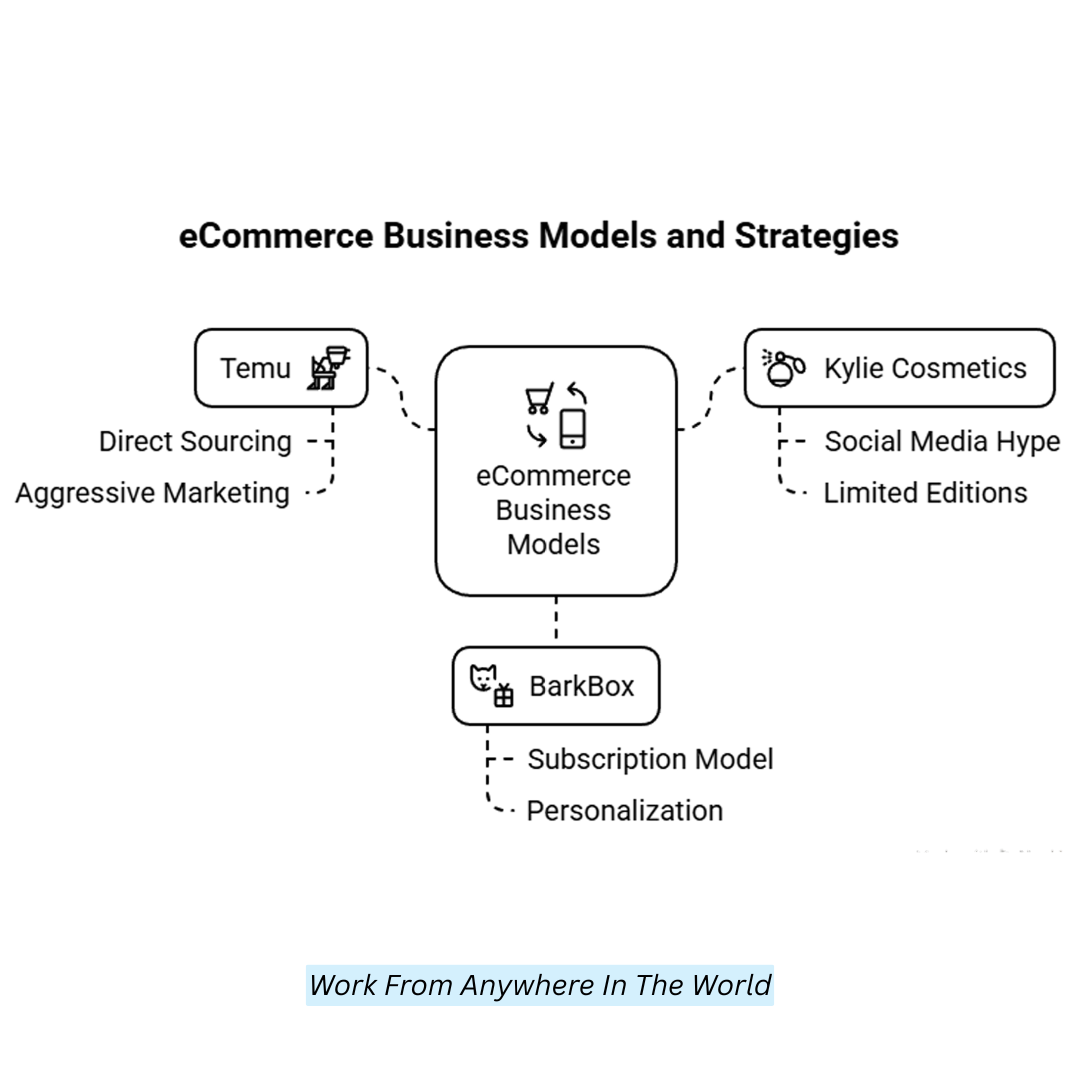
Conclusion
Exploring these top-rated brands offers a glimpse into what makes an online store exceptional.
From user-friendly design to outstanding customer service, these examples of eCommerce businesses highlight what’s possible in the digital marketplace. Let their success inspire your next move, whether shopping or building your store.
I trust you enjoyed this article about the Top-Rated Examples Of eCommerce Businesses You’ll Love Exploring. Please stay tuned for more articles. Take care!
JeannetteZ
Want to Learn How to Build Your Own Home-Based Online Business And Start Making Money Online From Your Comfortable Couch?
Try Wealthy Affiliate!
Your Opinion Is Important To Me
Do you have thoughts, ideas, or questions? I would love to hear from you. Please share your questions, experiences, remarks, and suggestions about the Top-Rated Examples Of eCommerce Businesses You’ll Love Exploring in the comments below. You can also email me at Jeannette@WorkFromAnywhereInTheWorld.com.
Disclosure
This post may contain affiliate links. I earn from qualifying purchases as an Amazon Associate and through other affiliate programs. Please read my full affiliate disclosure.
You may also enjoy the following articles:
Wealthy Affiliate Coupons For Premium Memberships
Wealthy Affiliate Review – Scam or Legit? The Truth Exposed
An Insider Wealthy Affiliate Review
Social Media Report Analysis That Drives Real Results
How To Install A WordPress Theme
Winning Small Business Event Ideas For Lasting Impact And Profit
Best Rank-Tracking Software To Optimize Your SEO Performance


